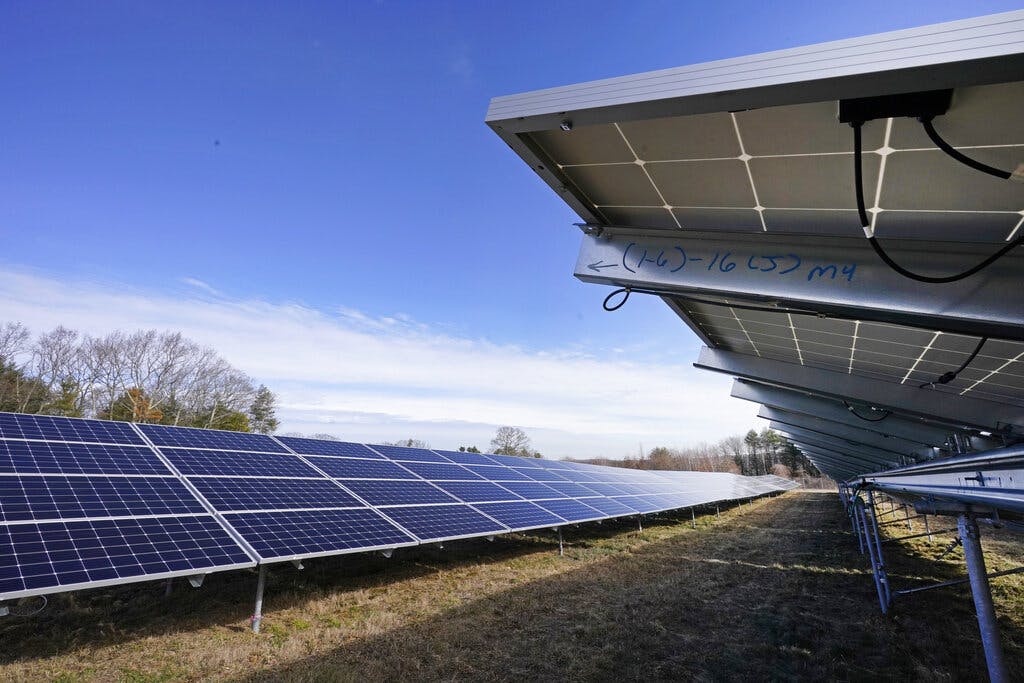
Final Release of Epstein Files Details Ties to Tech Titans and Top Officials but Fails To Satisfy Critics
By JOSEPH CURL
|The law wasn’t crafted to allow an unpopular president to make an end run around the legislature to fulfill campaign promises with a midterm wipeout looming.

Already have a subscription? Sign in to continue reading

By JOSEPH CURL
|
By JAMES BROOKE
|
By CAROLINE McCAUGHEY
|$0.01/day for 60 days
Cancel anytime
By continuing you agree to our Privacy Policy and Terms of Service.